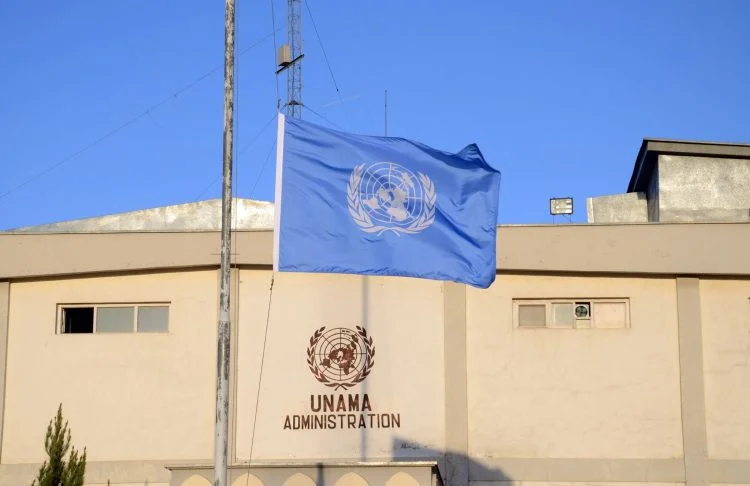About
South Asia Times (SAT) is the premier research and media lab of South Asia, aspiring to be the foremost reference point for the region. At SAT we believe in the power of research meeting media and are committed to delivering in-depth insights, cutting-edge analysis, and thought-provoking content that explores the diverse facets of South Asia and its global impact.
With a distinct South Asian lens, we offer a diverse range of topics, including security, economy, diplomacy, history, culture, and more – From enthralling stories that bring ancient heritage to life to data-driven insights that highlight the region’s modern aspirations, SAT is your gateway to understanding and connecting with South Asia’s vibrant tapestry!
Who we are?
At SAT, we are a team of dedicated practitioners, specialists, and academics who collectively possess a deep understanding of South Asia. Our diverse group of mentors from intelligentsia, academia, and industry brings together a wealth of expertise and perspectives, ensuring that we offer a comprehensive and well-rounded view of the region.
What do we do?
Our primary focus is conducting rigorous research and providing innovative solutions to complex issues. By harnessing data and employing innovative methodologies, we strive to generate valuable knowledge and contribute to informed public discourse. Our aim is to become the go-to resource for policy-makers, researchers, and individuals seeking reliable and insightful information on a broad range of topics.
Why choose SAT?
SAT stands apart as the trusted source of knowledge on South Asia, offering rich information, analysis, and multimedia content. Our unwavering commitment to objectivity, intellectual rigor, and comprehensive research sets us apart. We aim to provide accurate and nuanced perspectives on the region’s security, economy, history, culture, and beyond, ensuring that our audience gains a holistic understanding of South Asia.
Join us “Become a part of SAT Community” in our pursuit of excellence as we strive to shape the narrative, influence policy-making, and become the definitive platform for exploring the complexities and opportunities of South Asia and its global significance.





